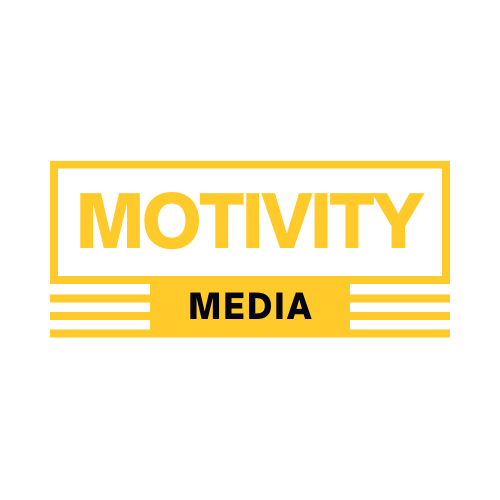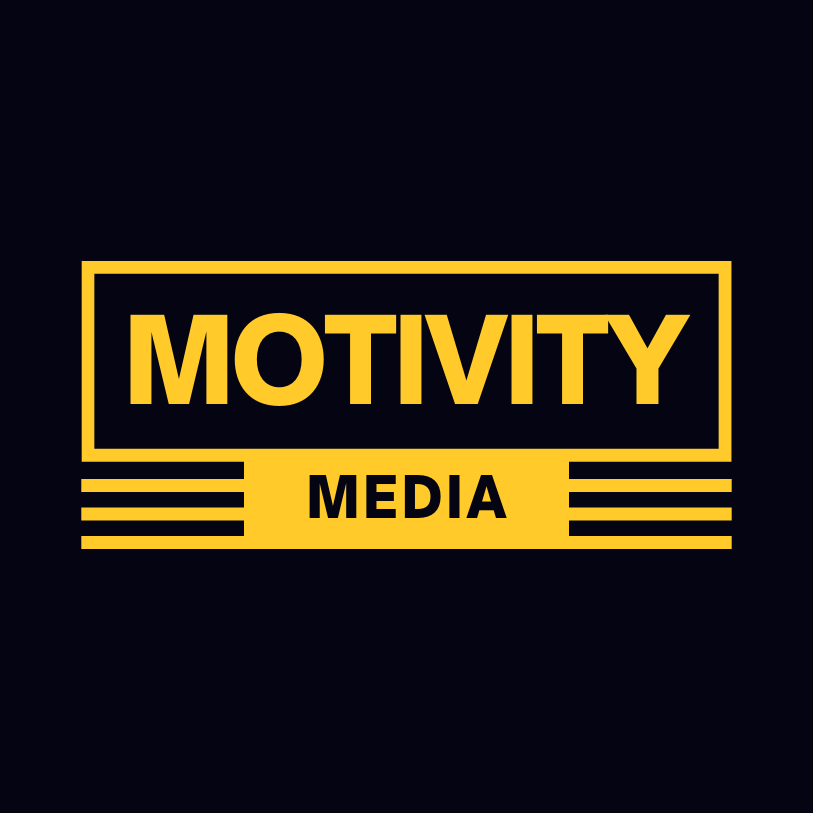Too Busy To Change
In today's dynamic business landscape, stagnation is a recipe for disaster. Yet, many leaders find themselves caught in the "busy trap," so preoccupied with the daily grind that they neglect the need for adaptation. This constant busyness can blind them to the crucial changes required for long-term success.
The dangers of being a leader who is too busy to adapt are numerous:
Missed Opportunities: The business world is constantly evolving. New technologies emerge, customer preferences shift, and competitors innovate. A leader glued to their current approach risks missing out on these opportunities, leaving their organization to play catch-up.
Declining Efficiency: Inefficient processes become ingrained habits in a busy environment. Leaders prioritizing immediate tasks over streamlining operations miss the chance to improve productivity and reduce costs.
Employee Disengagement: Employees crave a sense of purpose and growth. A leader clinging to outdated methods fails to inspire or challenge their team, leading to disengagement and a drop in morale.
Customer Dissatisfaction: Customers are increasingly demanding. A leader unwilling to adapt their business model to changing customer needs risks losing market share to competitors who prioritize customer experience.
Four Ways to Slow Down and Create Change
Schedule Strategic Time: Dedicate time for strategic reflection. This could involve regular “what if” sessions with your team, industry conferences, or setting aside dedicated "thinking time" in your calendar.
Embrace Feedback: Actively seek employee, customer, and industry expert feedback. Being open to new perspectives allows leaders to identify blind spots and opportunities for improvement.
Empower Your Team: Change is a team sport. Let your team plan and implement process improvements, delete unaligned work, and devise new ways to solve problems. They feel the need for change, so let them lead the change.
Focus on Outcomes, Not Activity: Move away from a "busyness badge of honor" mentality. Evaluate success based on results, not how many hours are clocked.
Ultimately, effective leadership requires a balance between action and reflection. Leaders who can break free from the busy trap and prioritize adaptation will be better positioned to navigate challenges, seize opportunities, and ensure their organization's long-term success.
“Do not be conformed to this [Busy] world, but be transformed by the renewal of your mind,” Romans 12:2
The world is a busy place. Our self-worth is often determined by how hard we work. We must recognize this distorted sense of worth is unhealthy and unsustainable. Let a transformational renewal happen in our thinking. Slow down to benefit from change.

